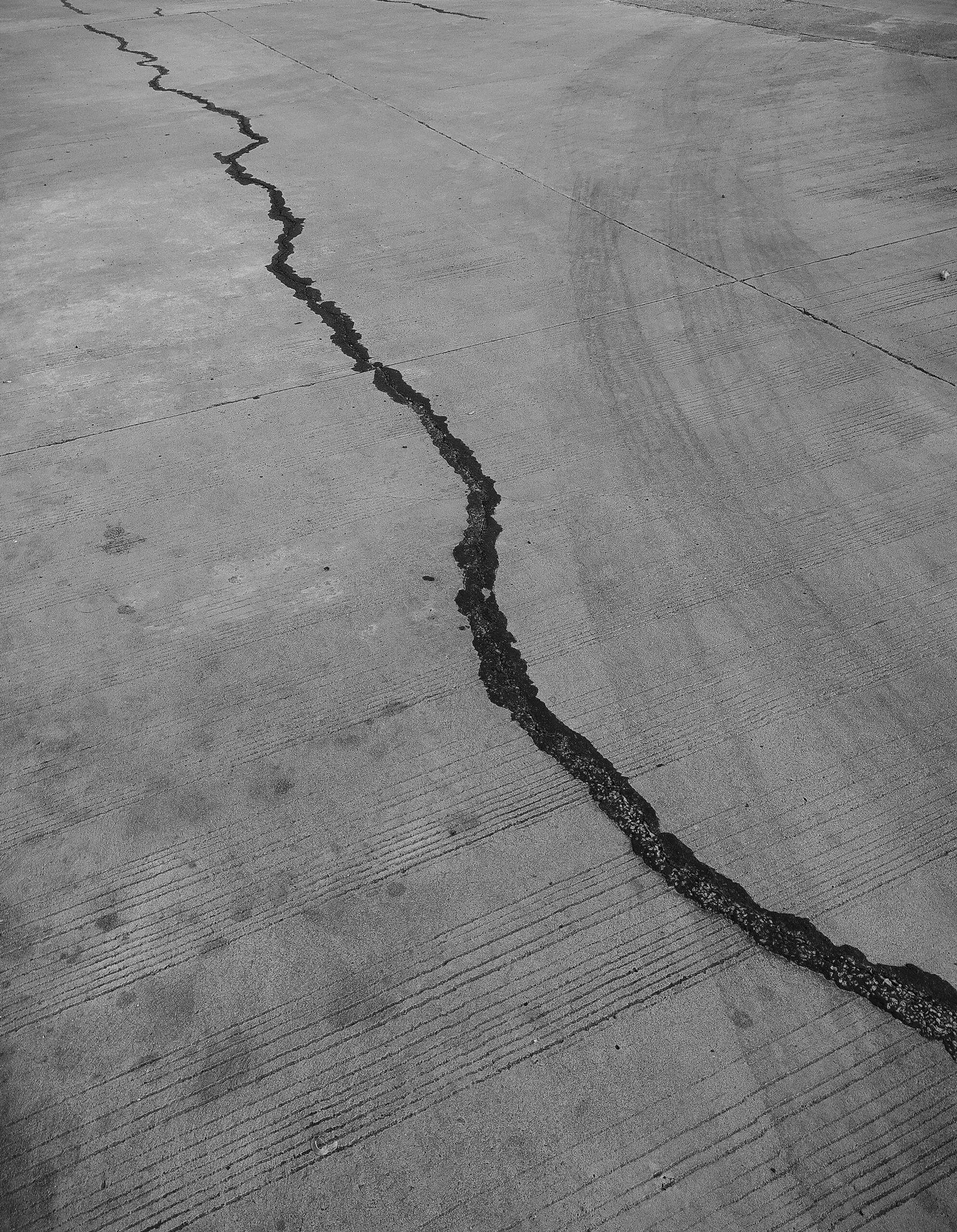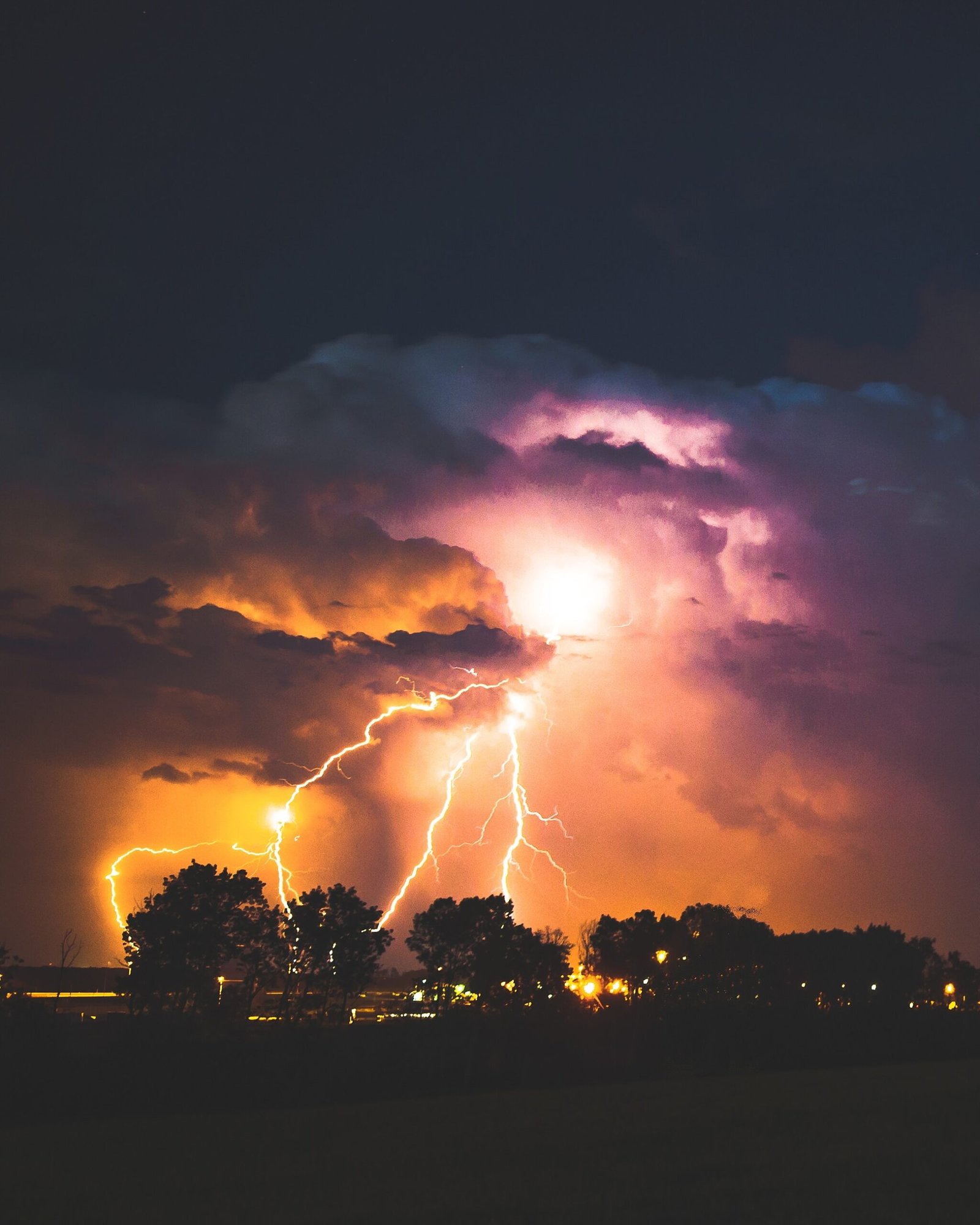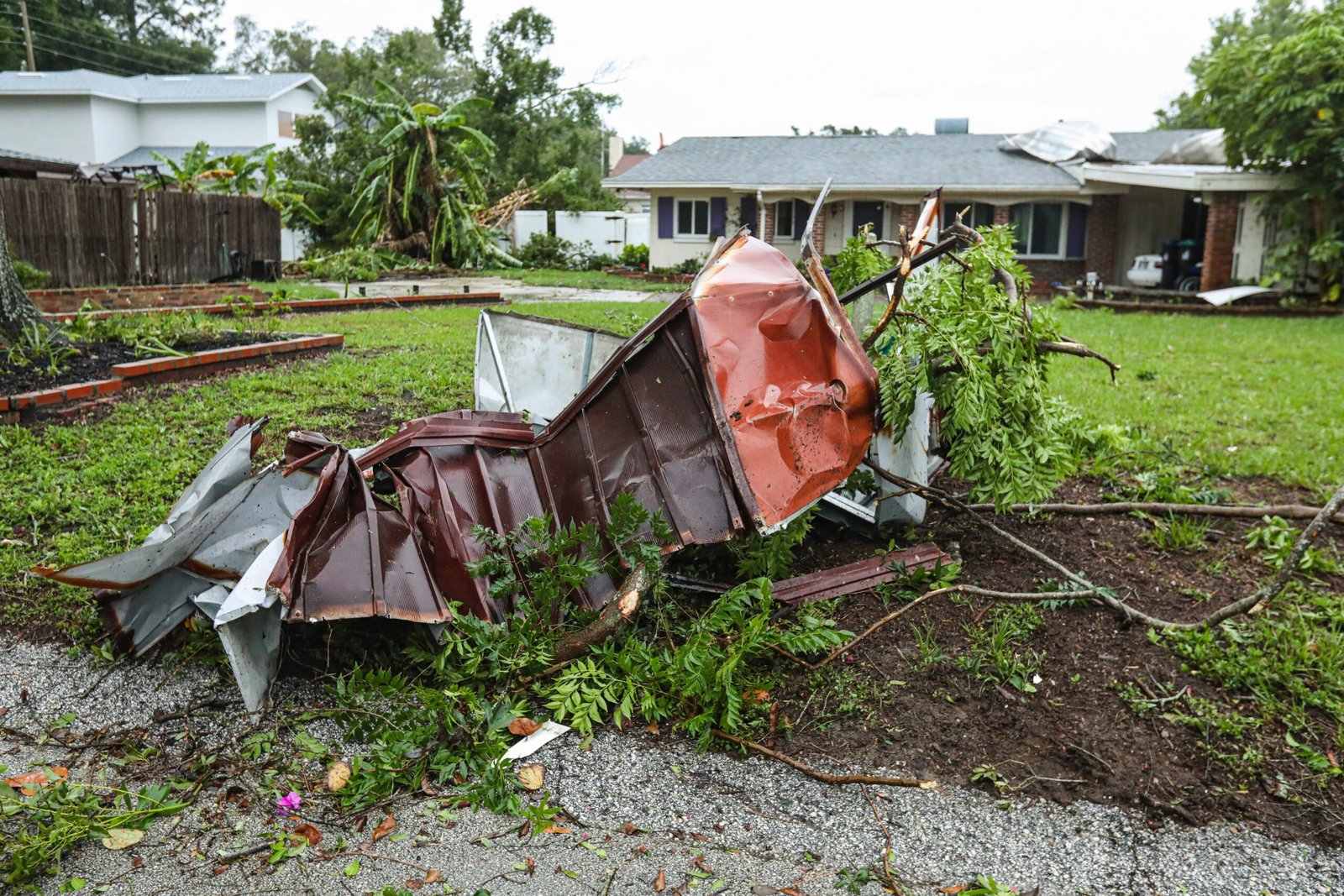Japan Quake: Rescuers Rush to Reach Survivors


Photo by Shefali Lincoln on Unsplash
On New Year’s Day, Japan was struck by a powerful earthquake that resulted in the tragic loss of at least 48 lives. Rescue teams are now working tirelessly to reach isolated areas where buildings have been toppled, roads have been wrecked, and tens of thousands of homes are without power.
The earthquake, which had a preliminary magnitude of 7.6, occurred on Monday afternoon. As a result, people in coastal areas were forced to flee to higher ground as tsunami waves crashed onto Japan’s western seaboard. The force of the waves swept away cars and houses, adding to the devastation.
The quake’s epicenter was located in Ishikawa prefecture, in central Japan. This region was particularly affected, and tsunami warnings were issued for areas along the western coast. The combination of the earthquake and the resulting tsunami has left communities in a state of shock and despair.
Rescue teams are facing numerous challenges as they work to reach survivors and provide assistance. The destruction caused by the earthquake has made it difficult to access certain areas, with buildings collapsing and roads becoming impassable. Additionally, the widespread power outages have further complicated rescue efforts.
Despite these obstacles, rescue teams are determined to reach those in need. They are employing various strategies, including the use of helicopters and boats, to reach isolated communities. Their primary goal is to provide medical attention to the injured and ensure the safety of all affected individuals.
The Japanese government has mobilized resources to support the rescue and relief efforts. Emergency services, including medical personnel and supplies, are being deployed to the affected areas. Local authorities are also working to establish temporary shelters and provide essential supplies to those who have been displaced.
International assistance has also been offered to Japan in this time of crisis. Several countries have expressed their condolences and offered support to help with the rescue and recovery efforts. This global solidarity is a testament to the interconnectedness of nations in times of need.
As the rescue operations continue, it is essential to prioritize the safety and well-being of those affected by the earthquake. The immediate focus is on providing medical care, shelter, and basic necessities to survivors. Mental health support will also be crucial in the coming days and weeks as communities begin to rebuild.
Japan has a history of resilience in the face of natural disasters. The country’s preparedness and response systems have been refined over the years, enabling them to effectively manage such crises. However, the scale of this earthquake and tsunami highlights the need for ongoing efforts to improve disaster preparedness and response.
In the aftermath of this devastating event, Japan will need support from both domestic and international sources to recover and rebuild. The road to recovery may be long and challenging, but with the collective efforts of the Japanese people and the global community, the affected areas will eventually regain their strength and vitality.
Let us stand in solidarity with Japan during this difficult time and offer our support in any way we can.







